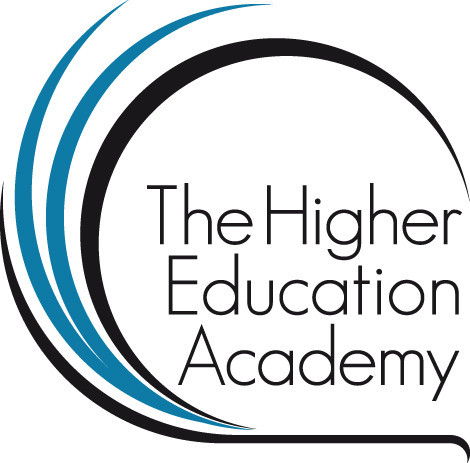2 mars 2013
NTEU congratulates Universities Australia on its campaign to promote higher education
 By Jeannie Rea (NTEU National Office). Universities Australia (UA) should be congratulated on today’s launch (27 February) of its $5m ‘Smarter Australia’ campaign to promote Australian higher education, Jeannie Rea, President of the National Tertiary Education Union (NTEU) said this afternoon.
By Jeannie Rea (NTEU National Office). Universities Australia (UA) should be congratulated on today’s launch (27 February) of its $5m ‘Smarter Australia’ campaign to promote Australian higher education, Jeannie Rea, President of the National Tertiary Education Union (NTEU) said this afternoon.“The NTEU shares UA’s view that it is important for all Australians to better understand the significant economic, social and contributions universities make to Australian society,” Rea said.
“Ensuring that all Australians are aware of universities role in our society and economy is the responsibility not only of universities, but also university staff and their students. This is especially important in the context of the 2013 Federal election where policies related to university independence and the cost of attending university deserve to be fully debated by both sides of politics.”
Rea said that the NTEU shares many of the objectives outlined by UA and especially welcomes its acknowledgement of the high cost Australian government-supported students already pay for their university education and therefore placing a strong emphasis on the need for increased public investment in our universities. See more...








/https%3A%2F%2Fprofilepics.canalblog.com%2Fprofilepics%2F1%2F0%2F1076071.jpg)